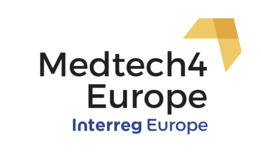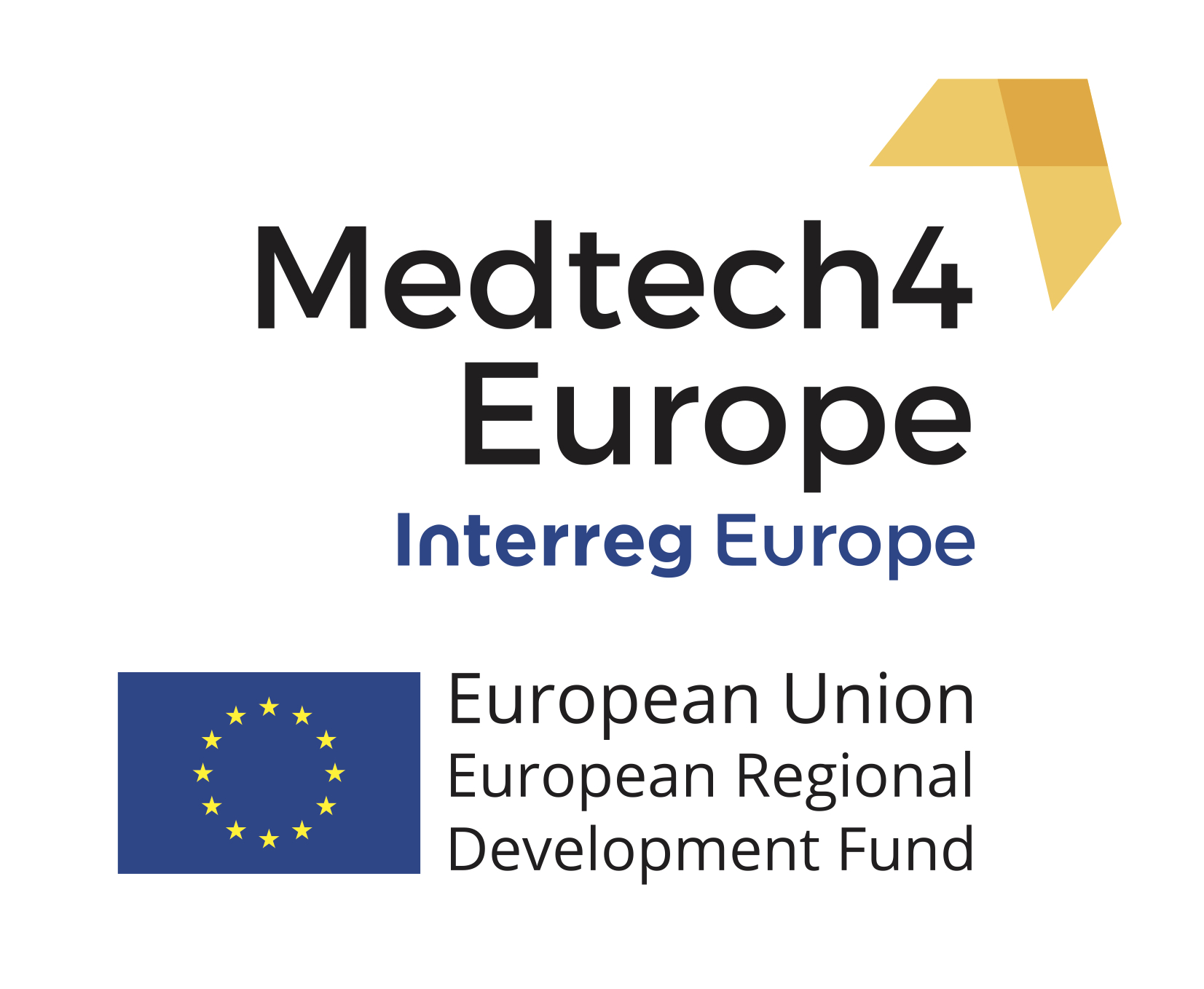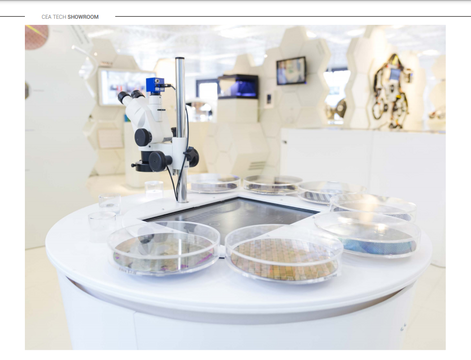Our project aims at optimising the effectiveness of public policies on research and innovation capacities in the field of medical technologies. It will also improve public policies supporting R&D and innovation facilities to better adapt them to the specificities of the medical technology sector.
At the moment, the phase 2 of the project, which focuses on influencing policy, is ongoing. This is supported by a number of good practices collected earlier in phase 1. This brings us to the main topic of our article, which is the good practice "M2 OLIE Research Laboratory - Mannheim Institute for Molecular Intervention".

The M2 OLIE is one of the nine research parks funded by the Federal Ministry of Education and Research since 2012 as part of the "Research Park - Public-Private Partnership for Innovation" initiative.
Around 20 percent of cancer patients develop a small number of metastatic tumours in another organ of the body, which may be different from each other. This means that each tumour needs its own specific treatment. M²OLIE is developing a plan to create a highly efficient infrastructure for personalised therapies based on innovative automation and process optimisation.
The M2 OLIE Research Laboratory aims to provide a time-optimised and patient-oriented process for the treatment of patients with oligometastatic cancer. The scientific focus of the M²OLIE Research Centre is to improve the therapeutic options for patients with oligometastatic cancer. M2 OLIE's closed-loop process will lead to improved medical outcomes, greater accuracy, efficiency, cost savings and patient-centricity. The public-private partnership will focus on creating an interventional environment for minimally invasive cancer treatment through a one-stop shop. In a multidisciplinary environment, the University Medical Center Mannheim will develop improved, personalised therapeutic procedures in interventional radiology, nuclear medicine and radiotherapy, as well as supportive imaging, patient-specific radiopharmaceuticals and robotic-based interventional assistants, with more than 25 industrial, research and public partners. The procedures will be developed through 3 collaborative projects involving more than 110 scientists, aiming to create a process model and a clinical trial management system to monitor and improve organisational processes.
The success of M²OLIE was demonstrated by the milestones already achieved. At the end of the current funding period, the first patients will be treated in a closed circuit.






